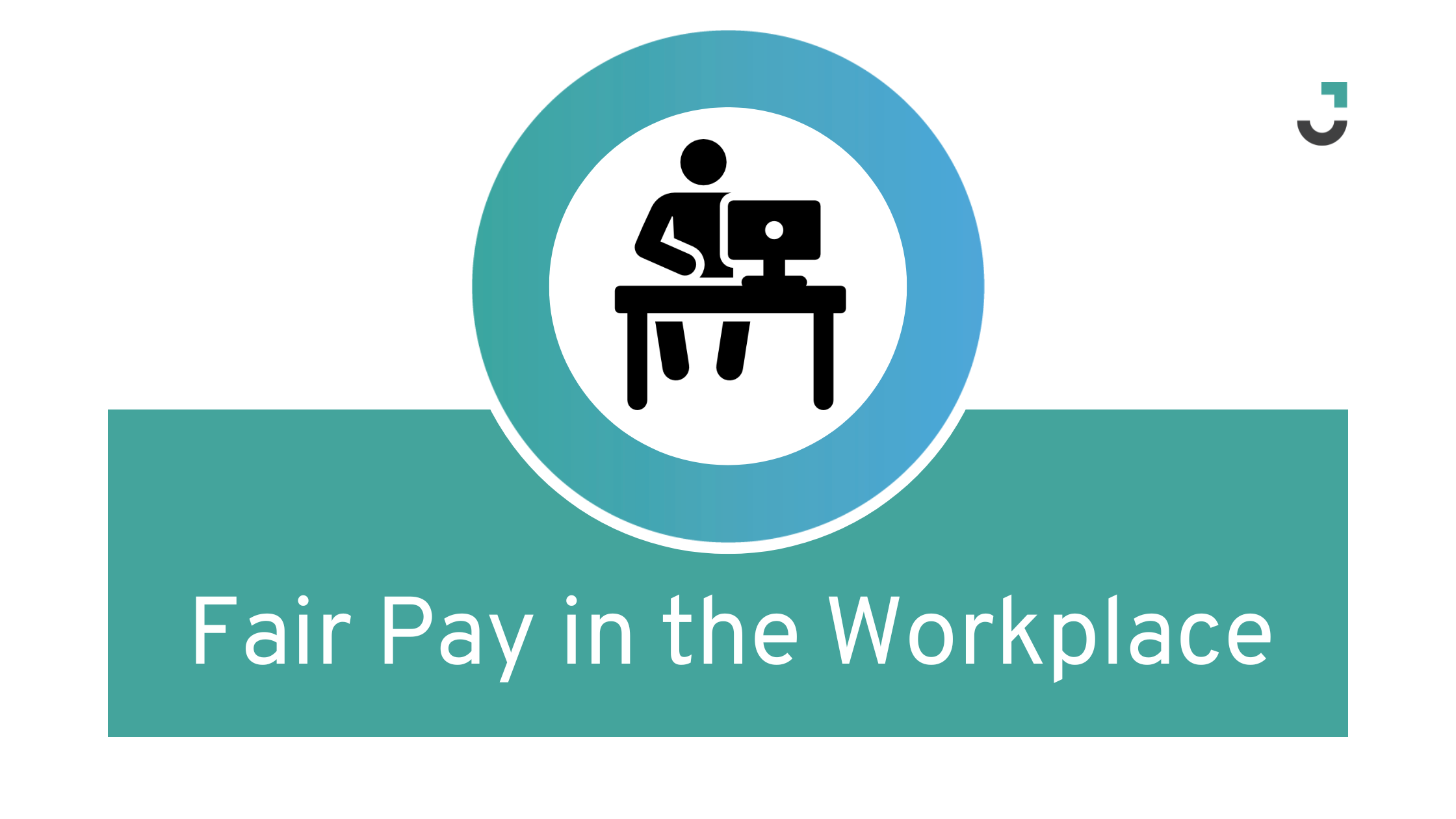Pay issues have been around forever, and it doesn't look like they are going away anytime soon. However, there are specific measures that your company can put into place to make sure your employees are treated fairly and equally when it comes to pay.
Think about this
Dr. John Boutwell of Boutwell Consulting provided us with this scenario:
"Employees are hard to find. We see help-wanted signs everywhere now. Pay rates have been included on many of these signs. No doubt employers have increased starting rates to attract employees.
Higher starting pay rates may be a problem for an employer's existing workforce. Why? Let's say I have been working for the employer for three years now. I went through a long learning curve and now do good work. I get good performance reviews. My employer is hiring employees off the street at a pay rate now very close to what I am paid after three years of loyal service. I am not happy. Maybe I should go somewhere else. Maybe I can get more pay at some other employer hiring at a higher starting rate.
This situation is called pay compression. Employers should consider the impact on existing employees when increasing starting rates. The key is to maintain the same percentage relationship between the starting rates and pay increments just above the starting rate."
How should companies make pay adjustments fairly?
To keep everything fair, companies need to have a fair way of creating pay adjustments. Here are some examples of a non-discriminatory method to adjust pay:
- Same percentage across the board increase
This type of pay adjustment is the same across the board for all levels of employees. It is not based on performance, length of employment, etc. - Adjustment made based on longevity
This type of pay adjustment is based on the longevity of employment. The longer someone works for a company, the higher the pay rate. - Merit based-performance evaluation
This type of pay adjustment is based on employee performance. For example, when an employee reaches a goal or checks off certain boxes in an evaluation, they would receive a pay adjustment. This type of pay adjustment has to be outlined fully to let employees know the basis for merit-based- performance evaluation.
These are just some ways that Dr. Boutwell suggests that companies can create a fair pay system.
Fair pay will continue to be a problem in the workforce unless companies look into different ways to improve their current pay adjustments. Employees feel undervalued and unappreciated when fair pay is nonexistent in the company. This will hurt the company's brand and future business. When you develop a proper pay system, you create a welcoming work environment for your employees. This will make them feel valued, which will reflect positively on the company. This, in turn, will make others WANT to be a part of your company. These are just some things to think about when developing a policy for pay adjustments.
Job.com is a digital recruitment innovator with a unique perspective: Delivering technology and capabilities that shake up the market by bringing together a data-driven approach based in AI and machine learning with high-level, human-capital-delivered solutions, designed to efficiently attract and retain the right talent and provide consumer-level user experiences throughout the hiring process.


